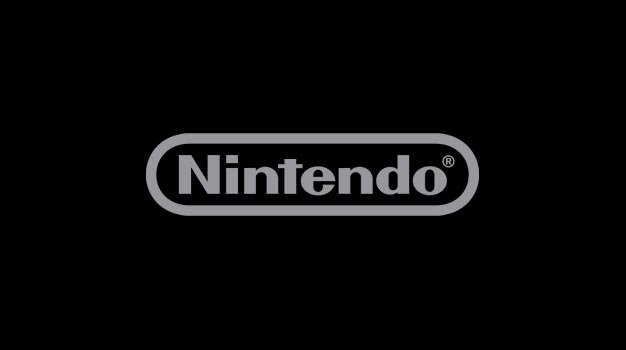Affiliate links on Android Authority may earn us a commission. Learn more.
Nintendo assures its new mobile games will mostly be developed internally
Published onMarch 18, 2015

For years, Nintendo has had a strong stance as to why it wouldn’t bring its games and characters to the mobile platform, but that all began to change yesterday. When Nintendo announced its partnership with mobile game developer DeNA, it shocked a lot of people. Not only because Nintendo finally changed its mind, but because many folks thought the gaming giant would simply license its content to DeNA and let them deal with it. In a recent interview with Time, Nintendo president Satoru Iwata gave us some reassurance on the subject.
When asked flat-out whether Nintendo or DeNA would take care of the bulk of the game making, Iwata explained:
Development of smart device games will be mainly done by Nintendo, but it is significant that we are forming a joint development structure with DeNA.
He goes on to say that Nintendo knows what it’s doing when making traditional gaming products. But when it comes to mobile video games, DeNA knows how to handle the “service” side of things. So while Nintendo is working on developing the game, DeNA will lend a helping hand that will make each game more mobile-friendly.
Iwata was also asked about the company’s standpoint on free-to-play games vs paid games. In response, he explains:
Nintendo does not intend to choose payment methods that may hurt Nintendo’s brand image or our IP, which parents feel comfortable letting their children play with. Also, it’s even more important for us to consider how we can get as many people around the world as possible to play Nintendo smart device apps, rather than to consider which payment system will earn the most money.
This interview helps answer some questions that we had in our original post about the Nintendo/DeNA partnership. Nintendo doesn’t want to build its own games for mobile because the company wants to do it right the first time. As far as gaming is concerned, this is the company’s first foray into the smartphone/tablet world, so why not partner with another company that clearly knows what they’re doing?
If you have time, I’d suggest reading the entire interview. It covers many more details that were left out of the initial announcement the other day. If you’d like to read on, head to the source link below. For you folks who admittedly had some concerns about this partnership: does this interview ease your minds a little bit?